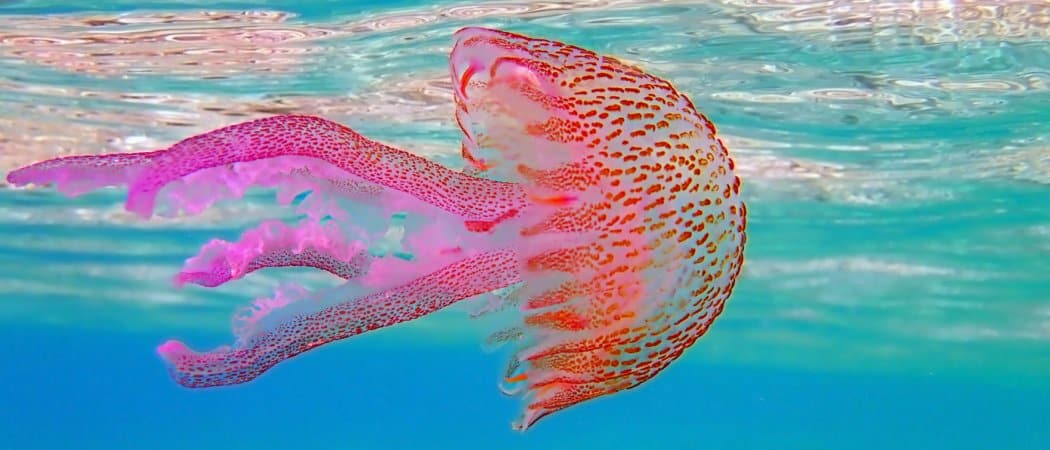Jellyfish may not be the first thing that comes to mind when you think of superfoods, but recent studies have shown that these gelatinous creatures may actually be a rich source of essential nutrients, benefits of eating jellyfish while jellyfish have long been a popular delicacy in some Asian countries, they are only just beginning to gain recognition in Western cuisine.
Jellyfish might not be the first thing that comes to mind when you think of superfoods, but they actually offer many nutritional benefits. These aquatic creatures are low in calories, high in protein, and rich in minerals such as magnesium, potassium, and calcium. In fact, jellyfish is a staple food in some Asian countries, where it is enjoyed for its crunchy texture and mild flavor.
In this article, we will explore the nutritional benefits of eating jellyfish and why it might be worth considering adding this unusual ingredient to your diet.

What is Jellyfish?
Jellyfish are marine creatures that belong to the phylum Cnidaria. They are characterized by their umbrella-shaped bells and trailing tentacles, which they use to capture prey. While jellyfish may be best known for their stinging capabilities, not all species are dangerous to humans. In fact, some species are actually edible and are commonly consumed in Asian countries such as China, Japan, and Korea.
Nutritional Benefits of Eating Jellyfish
Jellyfish are a low-calorie food that is high in essential nutrients. One of the most significant nutritional benefits of jellyfish is their high protein content. Protein is an essential macronutrient that plays a critical role in muscle repair and growth. A 3.5-ounce serving of jellyfish contains around 5 grams of protein, making it a good source of this important nutrient.
Jellyfish also contain a variety of other essential nutrients, including:
- Iron: Jellyfish are an excellent source of iron, a mineral that is critical for healthy blood function. Iron is essential for the production of red blood cells, which carry oxygen throughout the body.
- Zinc: Zinc is an important mineral that plays a role in immune function, wound healing, and DNA synthesis. Jellyfish are a good source of this essential nutrient.
- Omega-3 Fatty Acids: Jellyfish are a rich source of omega-3 fatty acids, which are important for brain health, heart health, and reducing inflammation in the body.
- Collagen: Jellyfish are a rich source of collagen, a protein that is essential for healthy skin, hair, nails, and joints. Collagen is also important for gut health and can help improve digestive function.
How to Prepare and Eat Jellyfish
If you are interested in trying jellyfish, it is important to note that not all species are edible. Some species, such as the Portuguese Man o’ War, are highly toxic and can cause serious health problems if consumed.
In Asian cuisine, jellyfish is typically prepared by soaking it in a mixture of salt and alum to remove any toxins and improve its texture. It is then typically sliced thinly and served as a cold appetizer or added to salads and stir-fries.
If you are not familiar with preparing jellyfish, it is best to seek out a reputable Asian market or restaurant that specializes in this ingredient. They can help guide you in selecting the right type of jellyfish and provide instructions on how to prepare it safely and deliciously.
Final Thoughts
While jellyfish may not be a food that you are familiar with, it is worth considering adding this nutrient-rich ingredient to your diet. Whether you are looking to boost your protein intake or add more essential nutrients to your diet, jellyfish is a delicious and healthy option that is definitely worth exploring.

